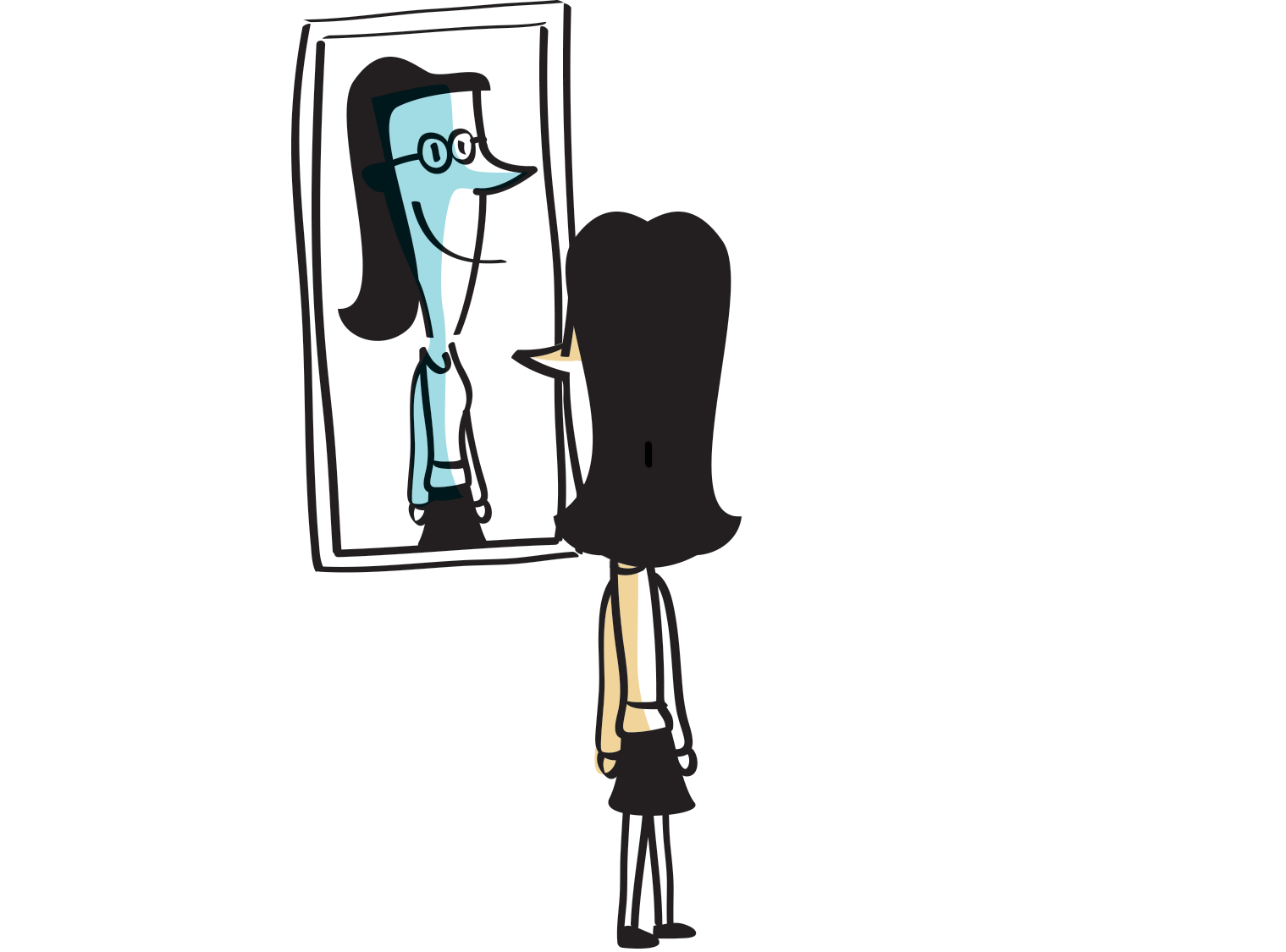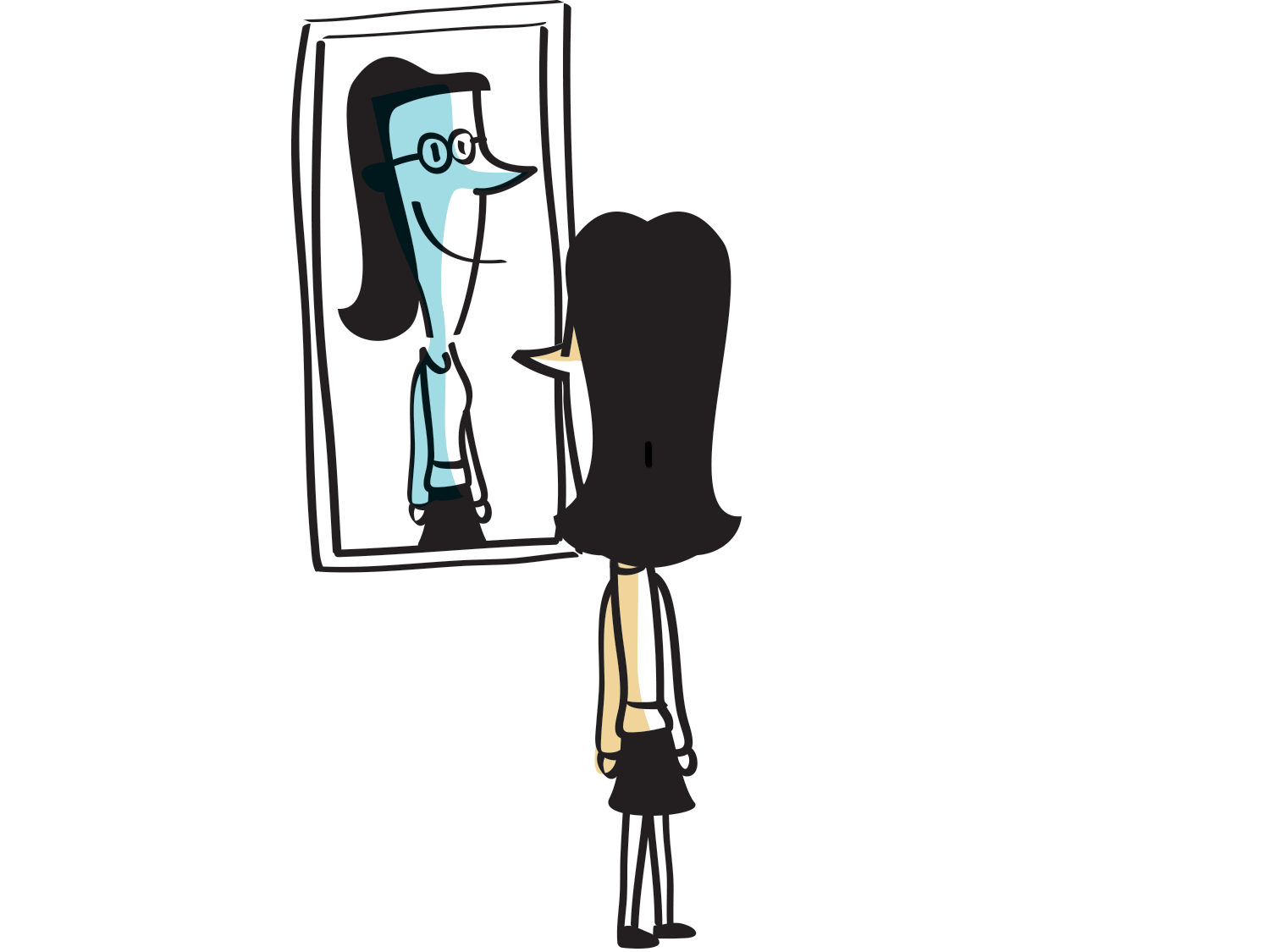Seeking Community
Who are you, really? Social media creates new communities every day, similar to moving into a new neighborhood, joining a new team, or starting a new job. Traditional social networks limit your interactions to a few individuals at a time. In contrast, Social Media has created new and different dynamics. Modern technologies amplify your interactions and make them instantaneously accessible to a much larger audience to see and judge, regardless of how fleeting your mood may be. What will they say about you. HOO-R-U helps you determine the nuances of your online identity by evaluating how others might view you through social media.
[Pew Research, March 2018]
Secret Facebook Groups
Secret Groups, by invitation only, are gaining in popularity ever since the partisan rancor of the 2016 election and aftermath. As of October 2018, the secret group, Pantsuit Nation, has 140,372 members.
One Woman’s Facebook Success Story: A Support Group For 1.7 Million: NPR
MORNING EDITION, June 4, 2018
Lola Omolola is the founder of FIN, a private Facebook group — with nearly 1.7 million members — that has become a support network for women around the globe. FIN originally stood for Female in Nigeria, but as its reach grew to other countries, Omolola recast it simply as Female IN.
Its genesis can be traced to 2014, when nearly 300 girls were kidnapped from a boarding school in Nigeria by the Boko Haram militant group. “I didn’t know what I was going to do,” she says. “I just knew I wanted to find them at the very least, so that I wouldn’t be by myself, because I felt really lonely.”
But Omolola turned that loneliness into action. The group scaled up quickly. First she invited friends, who invited friends. She organized real-world meetups and encouraged women to respond to each other respectfully. Omolola also shared stories she found on the Internet, mostly on Facebook and Twitter, about women’s issues.
For Omolola, Facebook is a godsend — a technology that enabled an immigrant woman in Chicago to have a global voice. She believes the platform can be used for a lot of good — if that’s what’s in people’s hearts.
HOO-R-U can help you consider how others see you online.
You’ll be asked a series of questions. When you’re finished, you’ll be given scores on 5 dimensions of your online profile. The scores are based on how important each element of your profile is to you and only you. These scores, on a scale from 1-100, are calculated in a way that takes into account how you stack up compared to other people who have used HOO-R-U and are most similar to you in age, gender, education and social media usage
What we do online can strongly affect our offline lives in ways we never imagined. HOO-R-U tells you what you really are communicating about yourself and prods you to think about what you really want to project. We hope getting your HOO-R-U Profile becomes a regular activity for all the people who care and are concerned with the footprints they leave on social media. After all, those prints can live forever.
The Looking Glass Self
The methodology of the HOO-R-U Profile and Score is derived from the “looking glass self” social science model that is the foundation of the theory of self in sociology. It dates back to the early 20th century and is best captured by this curious statement:
“I am not who you think I am; I am not who I think I am; I am who I think, you think, I am” – Dr. Charles Horton Cooley (1902)
HOW IT WORKS
You’ll be asked a series of questions. When you’re finished, you’ll be given scores on 5 dimensions of your online profile. The scores are based on how important each element of your profile is to you and only you. These scores, on a scale from 1-100, are calculated in a way that takes into account how you stack up compared to other people who have used HOO-R-U and are most similar to you in age, gender, education and social media usage
WHY IT'S IMPORTANT
What we do online can strongly affect our offline lives in ways we never imagined. HOO-R-U tells you what you really are communicating about yourself and prods you to think about what you really want to project. We hope getting your HOO-R-U Profile becomes a regular activity for all the people who care and are concerned with the footprints they leave on social media. After all, those prints can live forever.
THE SCIENCE BEHIND IT
The Looking Glass Self
The methodology of the HOO-R-U Profile and Score is derived from the “looking glass self” social science model that is the foundation of the theory of self in sociology. It dates back to the early 20th century and is best captured by this curious statement:
“I am not who you think I am; I am not who I think I am; I am who I think, you think, I am” – Dr. Charles Horton Cooley (1902)







